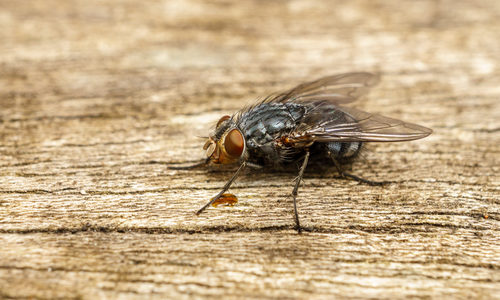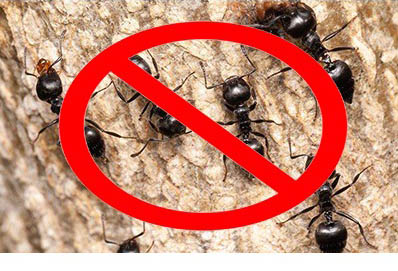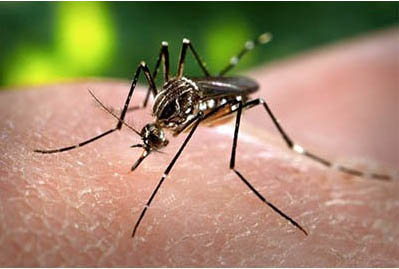Pests are notorious carriers of harmful bacteria, viruses, and pathogens. Cockroaches, rodents, and flies can transmit diseases such as salmonella, which causes food poisoning, and leptospirosis, spread by rodents through urine that contaminates food and surfaces. Mosquitoes can transmit malaria and dengue, posing significant risks, particularly in outdoor areas. An infestation jeopardizes the health of guests and staff, potentially leading to lawsuits and loss of clientele.
Make Appointment
Commercial Pest Control for Hotels, Restaurants, and the Hospitality Industry
Shiv Pest Solution offers specialized commercial pest control services tailored for the hospitality industry, including hotels, restaurants, and clubs. With over 30 years of experience, Shiv Pest Solution ensures a pest-free environment to maintain your establishment's reputation and hygiene.
Challenges Hotels and Restaurants Face with Pest Control
Pests can pose severe risks to businesses in the hospitality sector. From tarnishing your brand’s image to causing health code violations, infestations can significantly impact operations. Common issues faced include:
- Health Hazards
- Food Contamination
- Structural Damage
- Loss of Reputation
Kitchens are a prime target for pests in hotels and restaurants. Infestations often result in spoiled ingredients due to rodents gnawing through packaging and contaminating food with feces and urine. Cockroaches and flies transfer pathogens to kitchen counters and utensils, creating non-compliance with health codes, failed inspections, and potential closures. This not only leads to financial losses but also damages customer trust, triggering complaints and tarnishing your reputation.
Beyond health risks, pests can cause significant damage to property. Rodents chew on electrical wiring, increasing fire hazards, and damage furniture and walls. Termites destroy wooden structures, furniture, and walls, while ants infiltrate foundations, weakening infrastructure over time. Repairing such damage can be expensive and disruptive to business operations, further compounding the issue.
Reputation is critical in the hospitality industry, and even a single sighting of a pest can be devastating. Customers who encounter pests may leave negative reviews on platforms like Google, amplifying the issue and deterring future clients. A damaged reputation can result in fewer bookings, reduced customer trust, and lost business opportunities, making pest control a non-negotiable priority for maintaining brand credibility.
Common Pests in Hotels and Restaurants
Cockroaches
Cockroach Pest Control Services
Cockroaches thrive in warm, humid environments like kitchens and storage areas. They spread harmful bacteria, contaminating food and surfaces, posing serious health risks to both guests and staff.

Flies Pest Control
Flies are common in kitchens and dining areas, where they contaminate food and surfaces with harmful pathogens. Their presence compromises hygiene and can lead to customer complaints and health violations.

Ants Pest Control Services
Ants invade kitchens, pantries, and food storage areas, contaminating food supplies. Certain species, like carpenter ants, can cause structural damage by tunneling through wooden furniture and building materials.

Bed Bug Pest Control Services
Bed bugs infest mattresses, furniture, and linens, leading to sleepless nights and discomfort for guests. These pests are notoriously difficult to detect and require professional pest control services for effective elimination.

Mosquitoes Pest Control Services
Mosquitoes pose serious health risks by transmitting diseases like dengue, malaria, and chikungunya. They create discomfort for guests, particularly in outdoor areas, diminishing the overall experience at hotels or restaurants.

Rodent Pest Control Services
Rodents damage furniture, wiring, and stock by gnawing, often causing costly repairs. They are carriers of diseases such as leptospirosis and hantavirus, which can spread through contaminated surfaces, food, and water.
Our Process for Commercial Pest Control
- Inspection
- Customized Plan
- Implementation
- Monitoring & Maintenance
Our experienced pest control experts perform a detailed inspection of your premises, focusing on identifying pest entry points, nesting areas, and the extent of infestation. This step ensures a clear understanding of the problem for effective solutions.
Following a thorough inspection, we develop a customized pest control plan tailored to the unique requirements of your establishment. This approach ensures targeted treatments that are effective for the pests and safe for your environment.
Using safe and effective methods, including non-toxic and eco-friendly options, we apply treatments to eliminate pests. Our approach eliminates existing infestations and implements measures to prevent their return, all while ensuring your operations face minimal interruptions.
We offer ongoing follow-ups and monitoring services to guarantee lasting pest control and prevent future issues. This proactive approach helps detect any early signs of reinfestation and ensures the ongoing safety and hygiene of your premises.

What Makes Shiv Pest Solution the Ideal Choice for Hotel& Restaurant Pest Control?
At Shiv Pest Solution, we take pride in being one of the most trusted and successful pest control companies in Gurgaon, certified by the Government of Haryana and MSME. Our offerings include:
- 30 Years of Expertise
- Industry Expertise
- Environmentally Friendly
- Certified Professionals
- Fast Response Time
Trusted by the hospitality industry for three decades.
Expert in providing pest control solutions for hotels, restaurants, and clubs.
Shive Pest Solution uses safe, non-toxic, and eco-friendly pest control methods.
Highly trained and certified pest control technicians.
Quick and efficient service to minimize downtime for your business.
Top FAQs

Don’t let pests harm your business reputation or guest satisfaction.